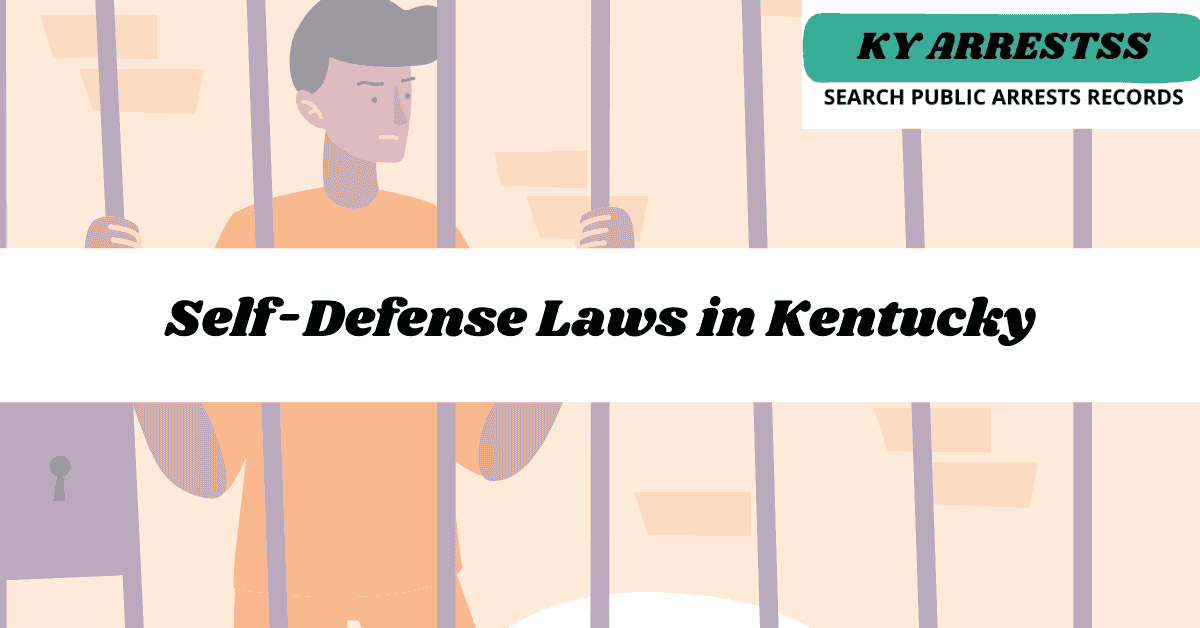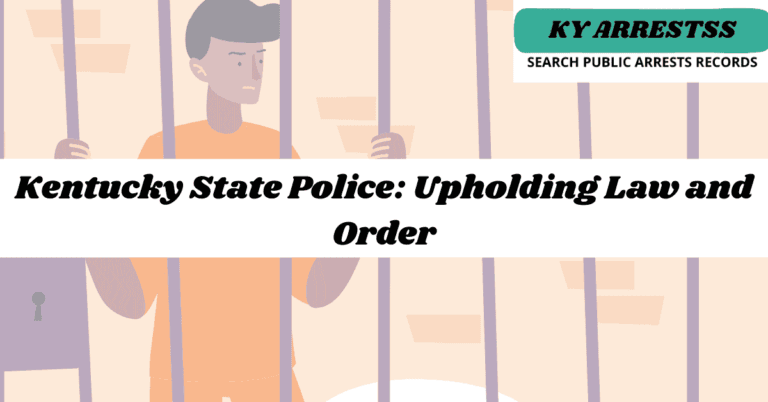Self-Defense Laws in Kentucky
In today’s uncertain world, understanding self-defense laws is paramount for every citizen. Whether you’re at home, in your car, or out in public, knowing your rights and responsibilities can mean the difference between safety and legal trouble. In this comprehensive guide, we’ll delve into the intricacies of self-defense laws in the state of Kentucky, covering everything from the Castle Doctrine to justifiable homicide.
Understanding Self-Defense
Self-defense is a fundamental right that allows individuals to protect themselves from harm. In legal terms, self-defense refers to the use of reasonable force to defend oneself or others from imminent threat or harm. However, the application of self-defense laws can vary from state to state.
Castle Doctrine
One important aspect of self-defense laws in Kentucky is the Castle Doctrine. Under this doctrine, individuals have the right to defend themselves within their own home or “castle” without the duty to retreat. In essence, if an intruder unlawfully enters your home, you have the legal right to use force, including deadly force if necessary, to protect yourself and your family.
Stand Your Ground Law
Kentucky also follows the Stand Your Ground Law, which allows individuals to use force, including deadly force, to defend themselves without the obligation to retreat, regardless of where they are. This means that if you are in a public place and feel threatened, you have the right to stand your ground and defend yourself without fear of legal repercussions.
Use of Deadly Force
While self-defense laws in Kentucky allow for the use of deadly force in certain circumstances, it’s important to understand that this right is not unlimited. Deadly force is only justified when there is an imminent threat of death or serious bodily harm. Additionally, the use of deadly force must be reasonable and proportionate to the threat faced.
Duty to Retreat
In some situations, individuals may have a duty to retreat before using force in self-defense. However, Kentucky law does not impose a duty to retreat in one’s own home or place of work. Outside of these locations, the duty to retreat depends on the specific circumstances of each case.
Imminent Threat
Central to any self-defense claim is the concept of an imminent threat. In Kentucky, an imminent threat is one that is immediate and impending, leaving no opportunity for escape or avoidance. Whether or not a threat is considered imminent is often a key factor in determining the reasonableness of a self-defense claim.
Reasonable Proof
In self-defense cases, the burden of proof lies with the defendant. This means that the defendant must provide evidence to support their claim of self-defense. However, once the defendant presents evidence of self-defense, the prosecution bears the burden of disproving the claim beyond a reasonable doubt.
Justifiable Homicide
Under Kentucky law, homicide is considered justifiable if it occurs in self-defense or defense of others under certain circumstances. For example, if a person reasonably believes that deadly force is necessary to prevent death or serious injury, the use of lethal force may be deemed justifiable.
Civil Liability
While self-defense may protect individuals from criminal charges, it does not necessarily shield them from civil liability. In cases where self-defense is invoked, individuals may still be sued for damages by the injured party or their family. It’s important to weigh the potential legal consequences before taking action in self-defense.
Case Studies
To better understand how self-defense laws are applied in practice, let’s examine a few notable cases from Kentucky’s legal history. These case studies offer valuable insights into the complexities of self-defense law and highlight the importance of careful legal analysis in such cases.
Common Mistakes
When it comes to self-defense, there are several common mistakes that individuals should avoid. These include escalating confrontations, using excessive force, and failing to accurately assess the threat level. By understanding these pitfalls, individuals can better protect themselves legally.
Training and Preparation
One of the best ways to prepare for potential threats is to undergo self-defense training. Whether it’s martial arts classes, firearm safety courses, or situational awareness training, there are many resources available to help individuals improve their self-defense skills.
FAQs
What are the self-defense laws in Kentucky?
In Kentucky, individuals have the right to protect themselves and others from imminent harm. The state follows the “Stand Your Ground” law, which means that individuals are not required to retreat before using force to defend themselves.
Can I use deadly force to protect myself?
Kentucky law allows individuals to use deadly force if they reasonably believe it is necessary to protect themselves or others from death or serious bodily harm. However, it is important to note that the use of deadly force should be a last resort and proportionate to the threat faced.
What is the Castle Doctrine?
The Castle Doctrine in Kentucky allows individuals to use force, including deadly force, to defend themselves or others inside their home, vehicle, or place of business. This law recognizes the importance of protecting one’s property and personal space.
Are there any restrictions on self-defense in Kentucky?
While Kentucky has lenient self-defense laws, there are certain restrictions to keep in mind. For instance, the use of force should be based on a reasonable belief of imminent harm, and individuals cannot use force against a law enforcement officer acting in their official capacity.
What should I do if I have to use self-defense?
If you find yourself in a situation where you need to use self-defense, it is important to immediately report the incident to the police. It is crucial to provide accurate and detailed information about what happened, including any witnesses or evidence that may support your case.
Should I consult an attorney if I am involved in a self-defense incident?
It is highly recommended to consult with an experienced attorney if you are involved in a self-defense incident. They can guide you through the legal process, ensure your rights are protected, and help you build a strong defense if necessary.
Conclusion
Self-defense laws play a crucial role in protecting individuals’ rights to safety and security. By understanding the nuances of self-defense laws in Kentucky, individuals can better protect themselves and their loved ones from harm while staying on the right side of the law. Stay informed, stay vigilant, and stay safe.







